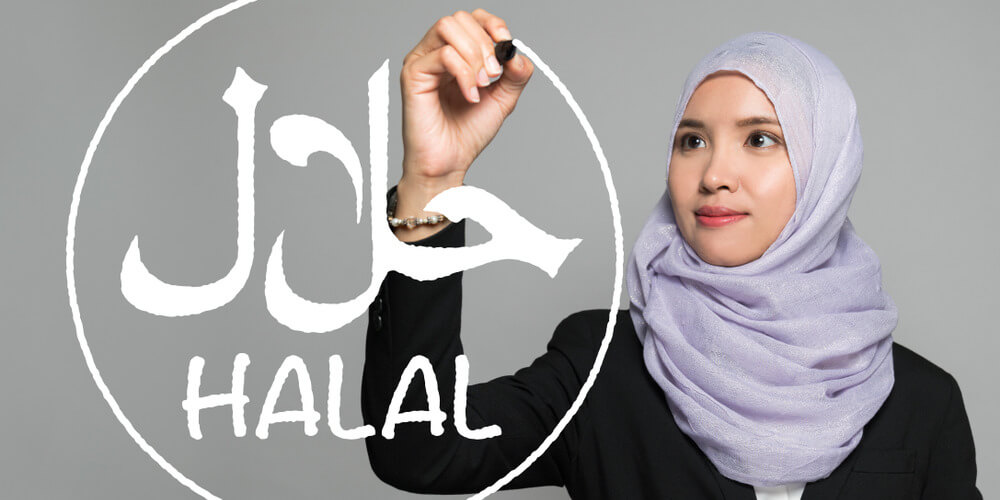Online sales of halal products grows by 62% in Indonesia
Modest fashion leads the spending boom, followed by personal care, cosmetics, and food and beverages.
Jakarta: Halal products transactions through e-commerce reached 12.18 trillion Rupiah ($850 million) from January to October 2021, growing by 62.22% compared to the same period in 2020, Bank Indonesia, the central bank, reported.
The surge mainly occurred in May 2021 due to the Eid al-Fitr festival, which is a peak season for consumer spending. “In line with national economic recovery, the Sharia economy also makes a positive contribution. In October 2021, transactions of halal value chain in e-commerce increased significantly, more than 62% year-on-year,” Perry Warjiyo, Governor of Bank Indonesia said.
The transactions are dominated by modest fashion products with a share of 91.93%, followed by personal care and cosmetics by 2.57%, book and writing tools by 1.8%, as well as food and beverage by 1.66%. The figures show that online sales of modest fashion products grew much faster than offline sales with the pandemic causing changes in shopping behaviour.
Modest fashion transactions through e-commerce reached 11.19 trillion Rupiah ($780 million), a growth of 72.1% compared to the same period in 2020. The relaxation of social distancing policies and the addition of shopping centre operating hours, does not necessarily change people's preferences for shopping for Muslim fashion products online, the report noted. It gives a signal that Muslim fashion designers need to migrate the showcasing of products and sales towards digital and online concepts. Some designers have adapted innovative ways to survive including virtual fittings.
On the other hand, halal food and beverages transactions decreased to 202 billion Rupiah ($14 million). The reopening of restaurants as well as people returning to work in a hybrid manner are the main factors that caused the slowdown of halal food and beverage transactions through e-commerce.
From January 2021 to October 2021, the highest halal food and beverage transactions were recorded in April, May and June with a total transaction value of 99.14 billion Rupiah ($7 million), an increase of 6.69% from the same period in 2020.
Meanwhile, transaction volume reached 123.63 million transactions, a growth of 57.06% compared to 2020, an indication that purchasing power is relatively stable and shifting in consumer’s shopping behaviour or preferences.
In terms of payment methods, electronic money (e-money) and bank transfers are the two main digital payment methods in halal product transactions with a share of 49.7% and 14.1%, respectively. Electronic money payment methods grew by 88.98%, while bank transfer payment methods decreased by 0.21%. In addition, the share of cash on delivery (COD) payment methods increased to 16.72%. Promotion of the use of electronic money by digital banks in collaboration with e-commerce prodivers is increasingly encouraging people to use digital payment methods.
“As a regulator that supports the digitization of the national payment system, we have launched Bank Indonesia Fast Payment (BI-FAST) to complete the payment system infrastructure in order to support faster, easier, cheaper, safer and more reliable retail payment transactions,” said Warjiyo.
© SalaamGateway.com 2021 All Rights Reserved
